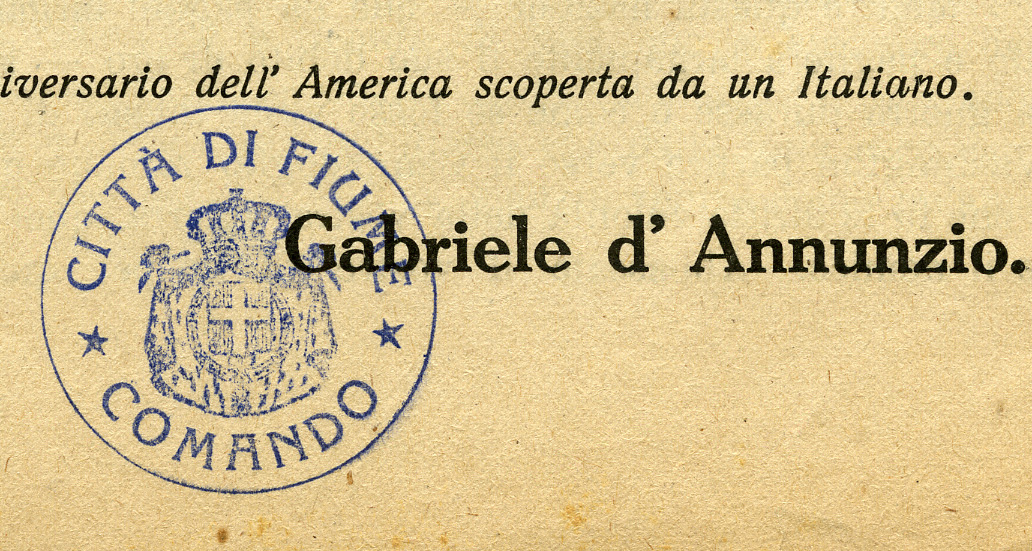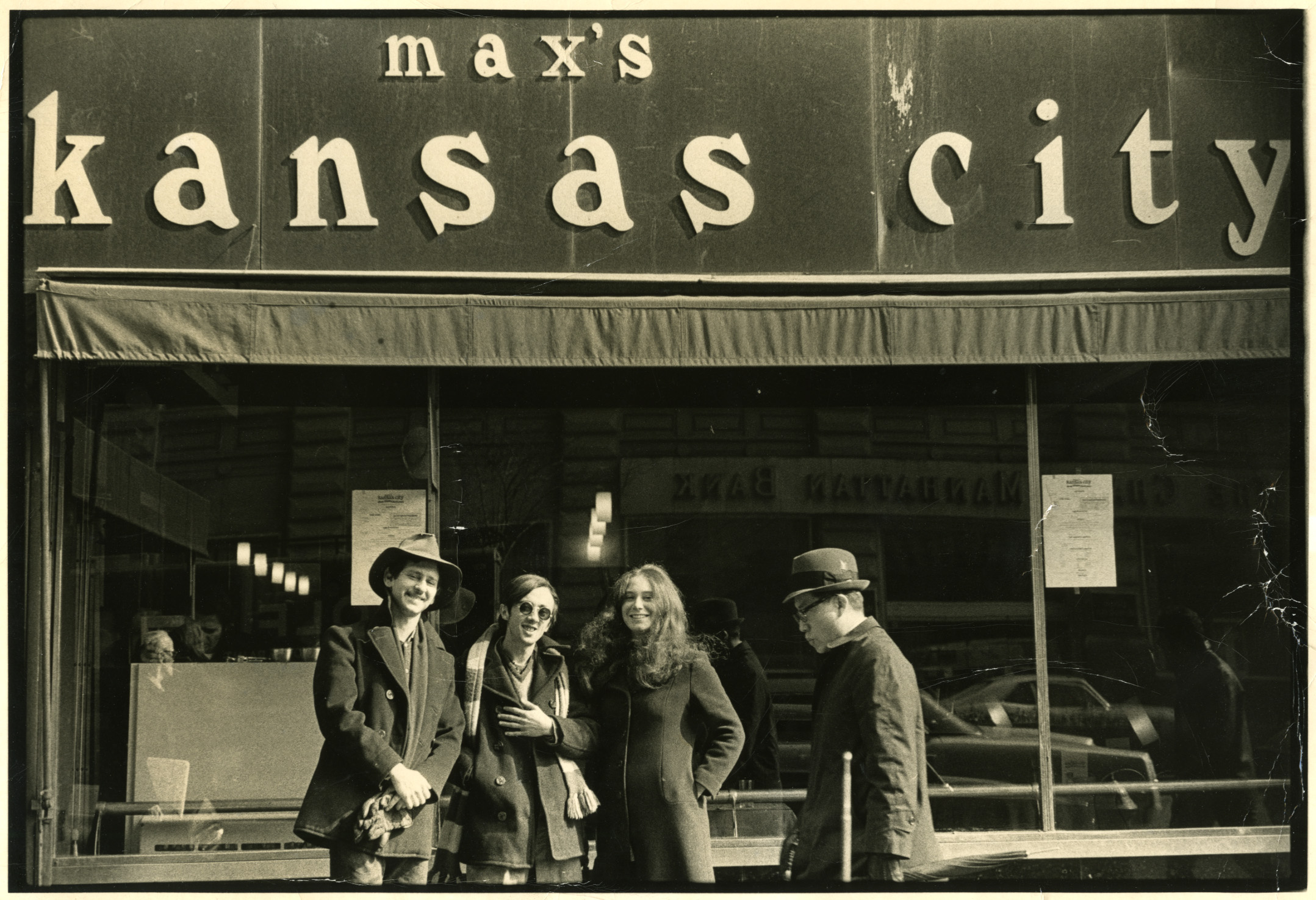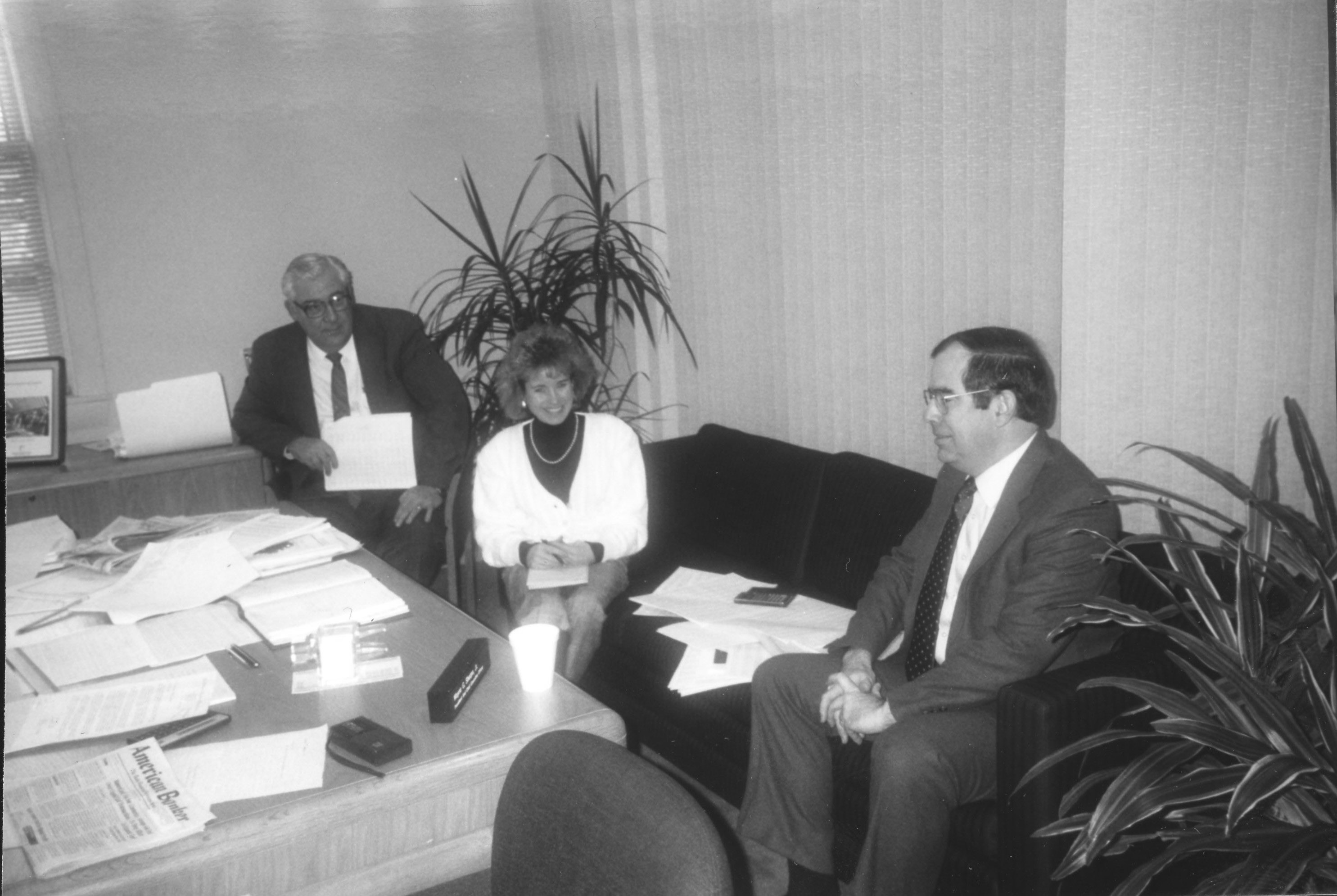Margo Culley Papers
A former Professor of English at UMass Amherst and contributor to the Program in Women’s Studies, Margaret (Margo) Culley was a specialist in women’s literature, particularly in women’s autobiography and diaries as a literary form. Her research drew variously upon work in literature, history, American studies, and religion, exploring gender and genre, language, subjectivity, memory, cultural diversity, and narrative. Between 1985 and 1994, she edited three volumes on American women’s autobiographical writing, and another on feminist teaching in the college classroom.
The Culley Papers offer a somewhat fragmentary glimpse into Culley’s academic career and her commitments to women’s literature. The collection includes selected notes for research and teaching, annotated bibliographies of women’s literature, a performance script for The Voices of Lost New England Women Writers, a federal grant proposal for The Black Studies/Women’s Studies Faculty Development Project (1981), and notes related to a study on minority women in the classroom. Letters collected by Culley’s students (late 18th and early 19th century) have been separated from the collection and designated as manuscript collections.




